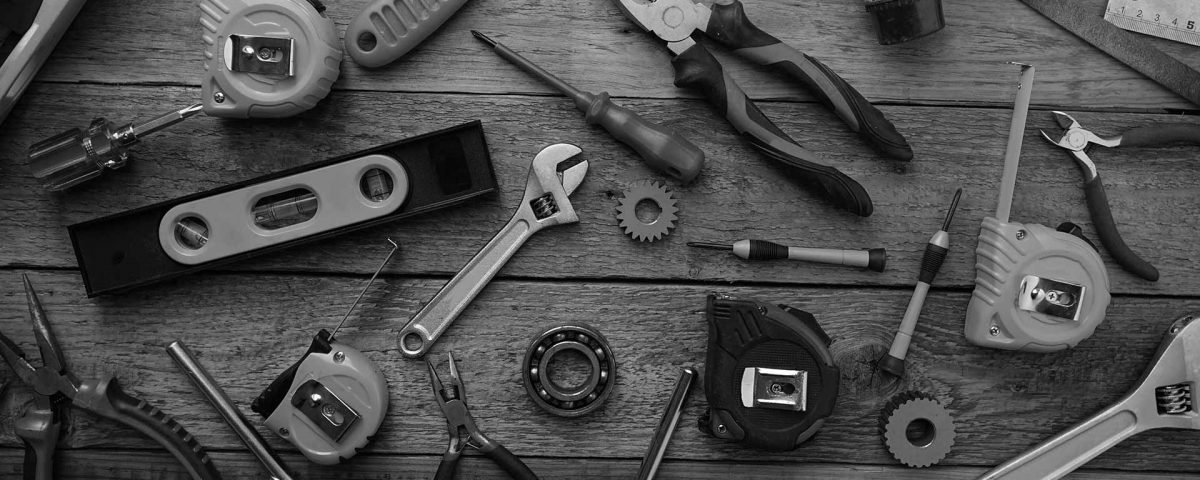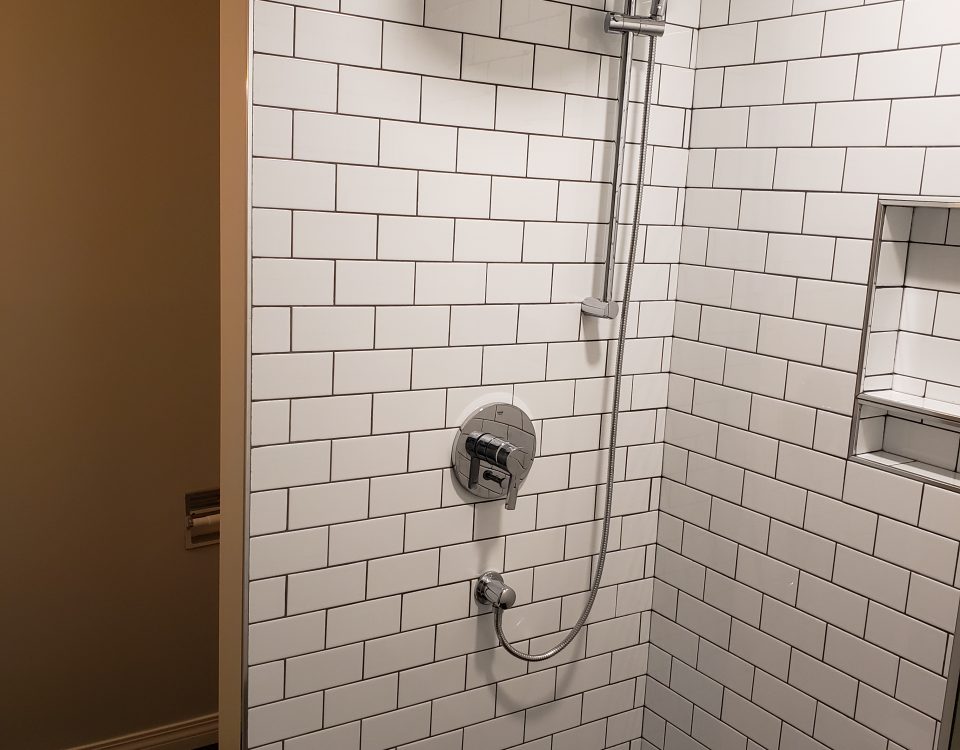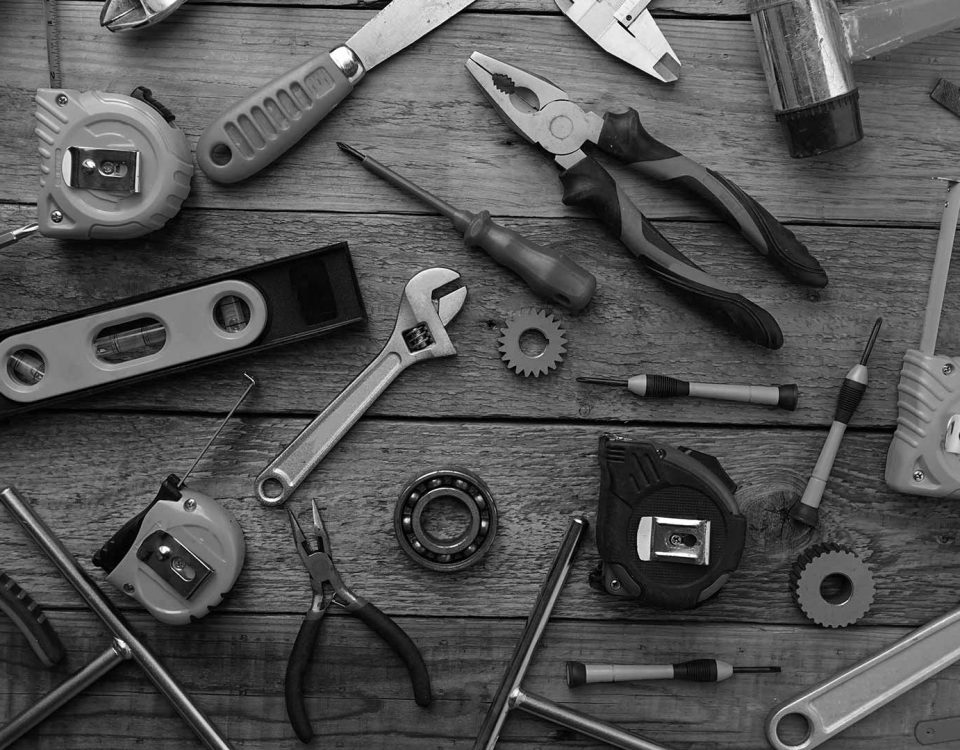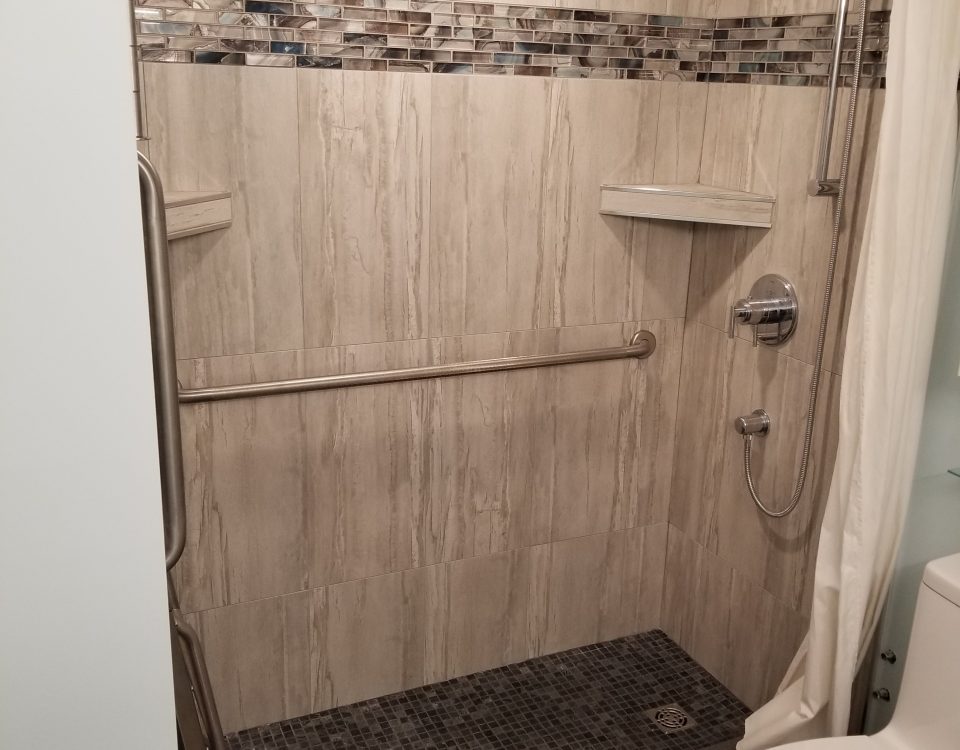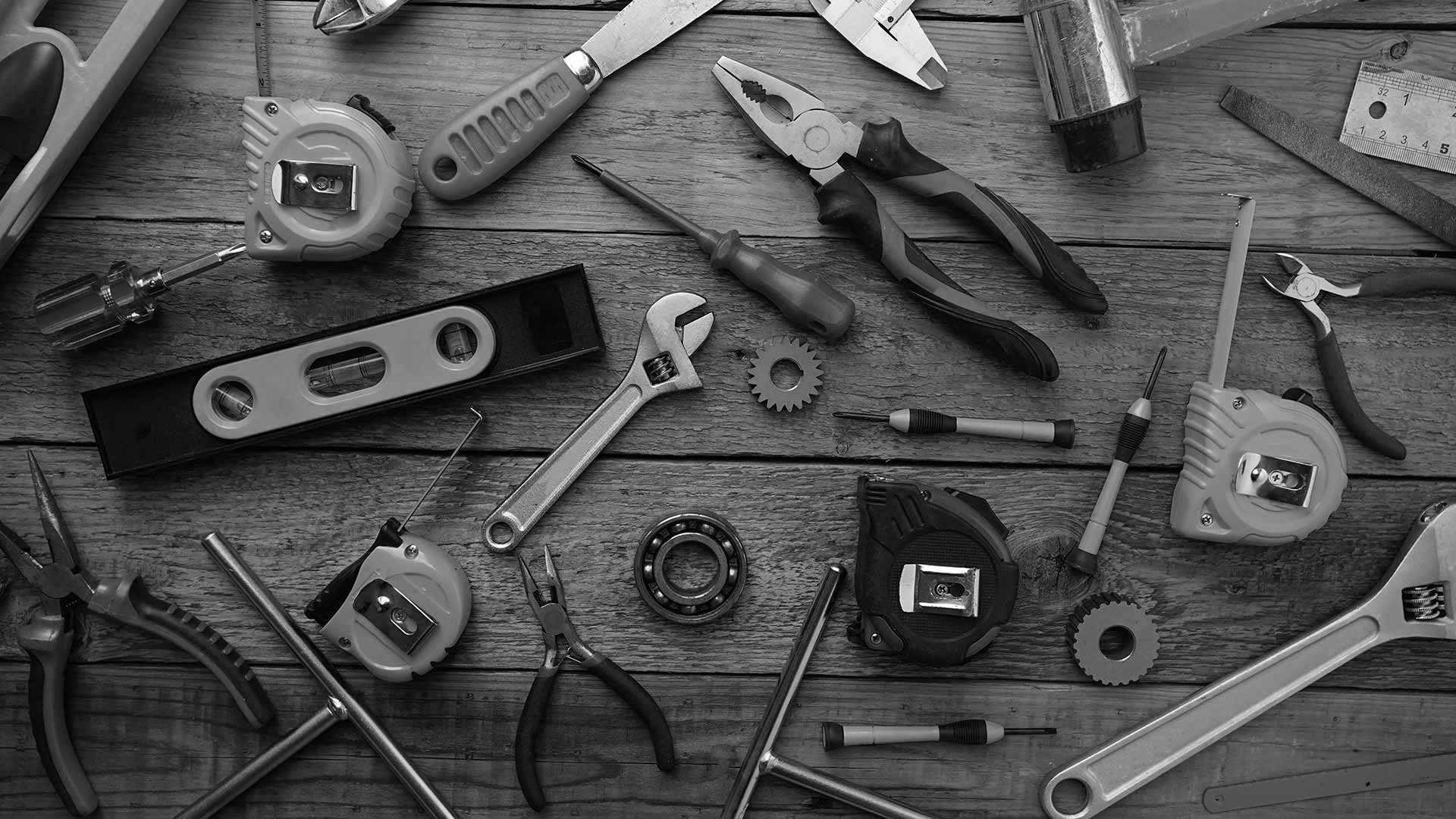

“Surprise!”
Normally, people like surprises. In renovations, however, hearing that word is almost always leads to stress and unhappiness. Why? Because it’s usually followed by bad news; the kind of bad news that means spending extra money. How can you avoid surprises in your renovation project? Here are a few ideas to help you keep you renovation surprise-free.
Get an assessment
Every contractor will offer you a free estimate. That is the cost of doing business in the renovation industry. When giving an estimate, however, often a contractor will ask you want you’d like to have done in order to come up with some pricing. If you’re not sure what you’d like done, a contractor has to try to fill in the blanks. Sometimes those blanks are filled in with things that you might not want, or options that are too expensive (or inexpensive) for what you’re looking for. If you go ahead with that project, you could wind up with a lot of surprises. Instead, you should look at getting an assessment.
An assessment is not an estimate. For example, instead of pricing out what it will cost to renovate your kitchen, an assessment goes over your needs and lifestyle to develop a plan for renovating your kitchen. Questions such as, are there elderly people or children living in your home? or how much time do you spend preparing meals each day? or is your kitchen used for entertaining guests or a place for your children to study? These questions will help shape the decisions you make about your kitchen and may help to come up with ideas you’ve never thought of. The assessment should also look at the potential for extra costs due to unforeseen complications. In other words, if you decide to renovate your kitchen, keep in mind that opening up that wall will require upgrading the electrical, if it doesn’t meet the current building codes.
Once you’ve finished the assessment, the contractor will type out a document with recommendations on how to approach your project and products that you should use. You can then take this document and either go with the contractor who did the assessment, or you can shop around for other contractors. Often, if you decide to go with the same contractor who did your assessment, the cost of the assessment will get discounted into the cost of your project.
How much should an assessment cost? That really depends on the scope of your project. An assessment on a small bathroom renovation shouldn’t cost you nearly as much as an assessment on a complete kitchen overhaul. Instead, you should ask yourself is it worth it to spend money, on an assessment of a kitchen that you’ll be using for the next twenty years. If so, how much is that assessment worth to you?
Get everything in writing
Surprises usually happen when things are aren’t written in the contract or are very specific. Is your contract hand-written on a cocktail napkin or is it typed out like a business proposal? What is the wording like? Is it specific, such as “Supply and Install ABC kitchen faucet, model number 12345” or does it say “install kitchen faucet”? If you’re not sure what something means or it doesn’t appear in the contract, get the contract changed. If your contractor is unwilling to do this, you don’t want to work with them.
Another important thing to remember is that changes to your project can happen at any time during the course of your project. If anything significant changes, you should make sure that it gets put in writing. It’s very easy to agree to an add on to your project but it can be a big surprise when the final bill is presented.
Also don’t forget to read the fine print. Who covers warranty issues? What happens if the work is unsatisfactory? Is there a payment schedule? When is the start date? No start date or start time frame on a contract could be a sign that your contractor may get around to doing your project when they have time between their more lucrative projects. If the contract doesn’t have any fine print, be very sure you know what you’re getting into.
Communicate
I’m a firm believer that good communication between a contractor and a client is a key to a smooth renovation. Without good communication, things can get off track very quickly. Some contractors are great at giving feedback about how the project is unfolding, but if you feel that you’re in the dark, you should ask for a status update. For bigger projects, status updates should happen frequently, and as phases of the project are completed. Robert and I always make it a habit to send our clients a quick email or leave a voice message to let them know how things are going.
Don’t forget that communication needs to happen in both directions. If, for example, you notice a mistake in an installation or there is damage to some of the product, waiting until the crew show up the next day before telling anyone might mean that the crew can’t get started until the contractor is notified. This can can set back the schedule and might even cause a domino effect, leading to your project being severely delayed. If you’re on a schedule to get things completed, this is a surprise that you don’t want.
Surprises can still happen
As hard as we try, we can’t eliminate surprises in renovations completely. The best that we, as a contractor, can do when something comes up, it to be fair and reasonable. We’re not looking for an opportunity to grab you by the legs, turn you upside down and shake all of the loose change from your pockets. We want you to have a great experience with your project and tell your friends all about us. In the long run, doing our best to minimize your surprises and dealing fairly with the ones that come up means more surprises for us. It always makes our day to get a surprise phone call from you, your friend, or your neighbour, asking us to come and look at your next project.
Michael Breault is a project coordinator for Nord Alta Construction. You can find the company website at www.nordalta.com. You can also find Michael and Nord Atla Construction on facebook at www.facebook.com/NordAltaConstruction, on twitter at www.twitter.com/Nordalta, and on LinkedIn.

